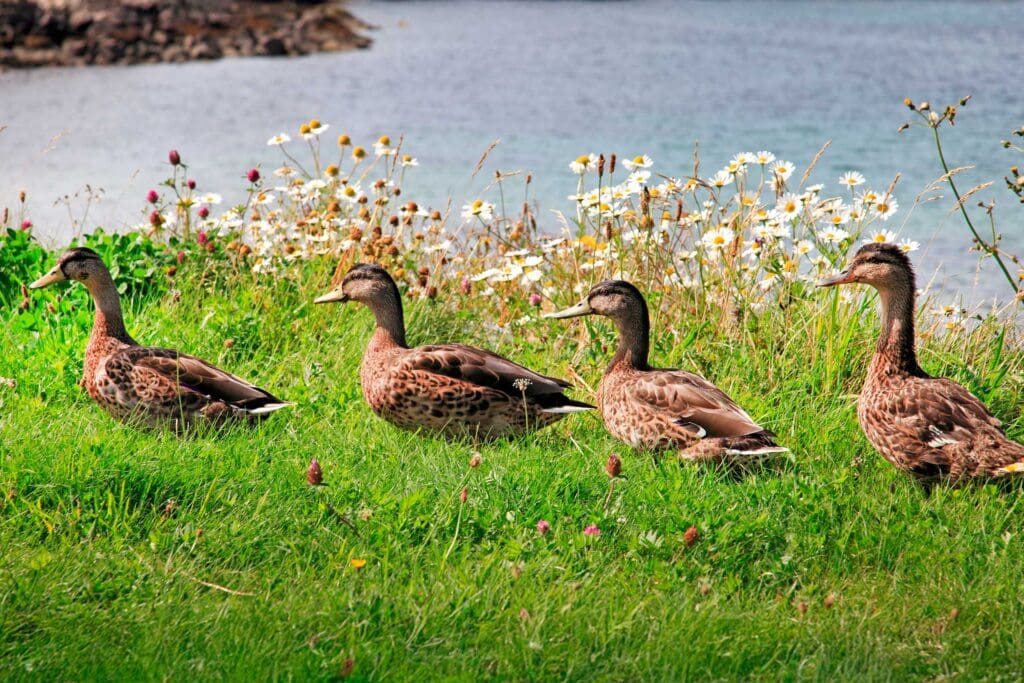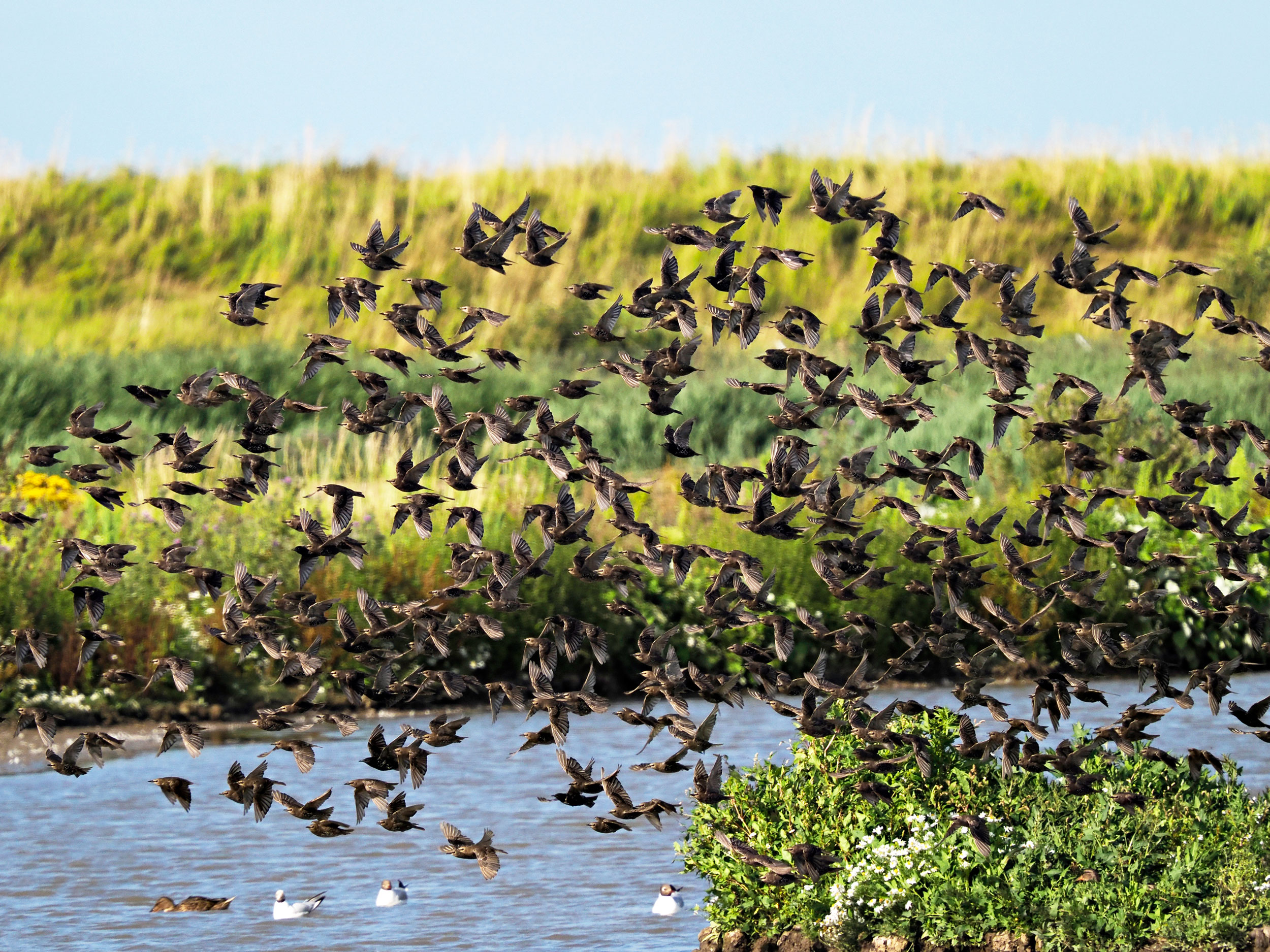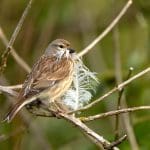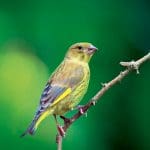Star letter: Time for action
I am an old man and have vivid childhood memories from the ‘40s and ‘50s of gardens filled with birdsong, bees and butterflies. As a youth, I would go birdwatching on local marshes and woodlands, estuaries and cliffs and could always tick off so many species in my field guide.
Now there is much less to see and hear. I want to thank you and others who work on the bigger issues at local, national and global levels that individual people can rarely affect. It’s time for us all to wake up even further to what is going on.
I encourage everyone to really look, listen and take note of what is happening to the wildlife around you, to feel your responses and try to find something you can actually do. I send this with hope for a better future for all our wildlife.
River King
Ed: Thank you for your heartfelt and passionate letter. The situation with wildlife and the environment can feel overwhelming and distressing. But we believe there is hope. With the support of RSPB members, we can start to reverse nature’s decline. Take a look at some of the highlights from our Wildlife on RSPB Reserves in 2024 report to see how, together, we’re making a difference.
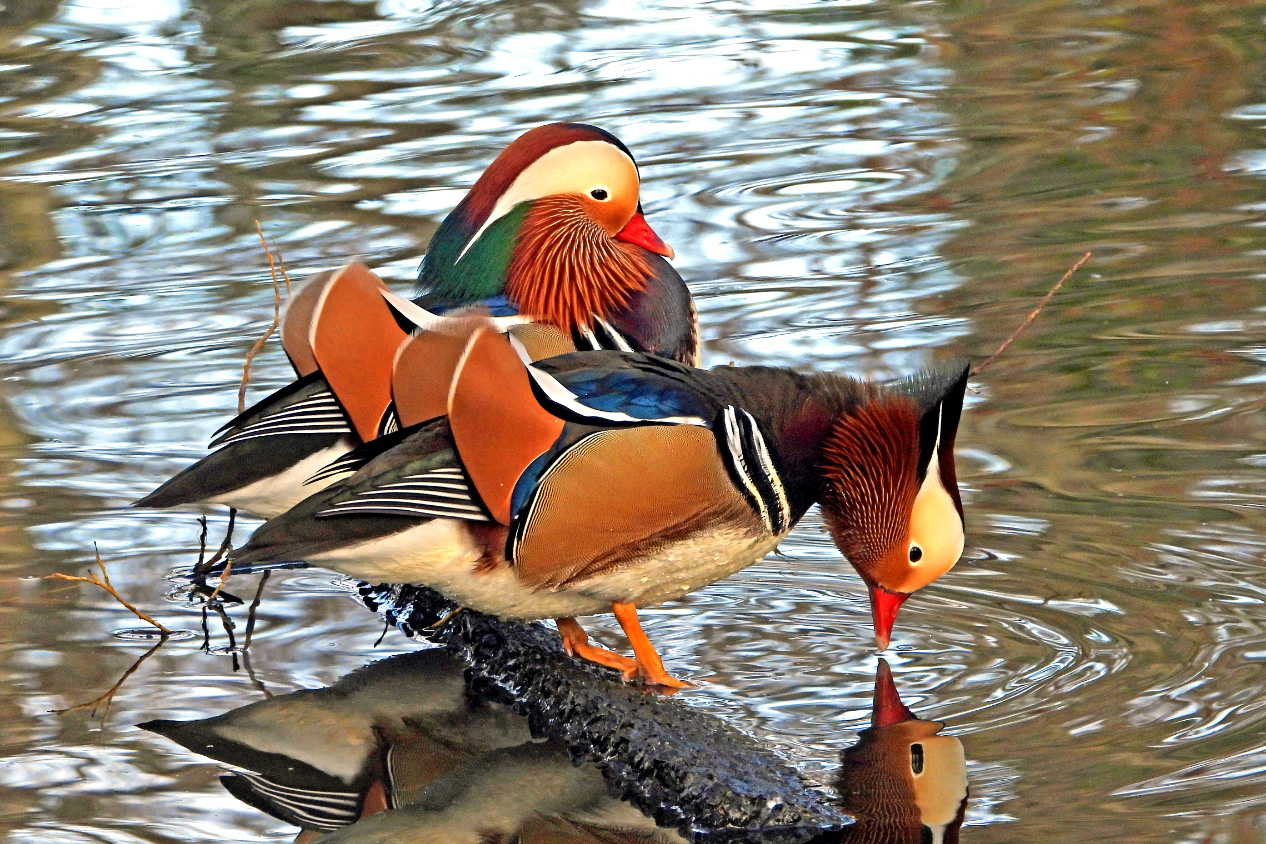
Male Mandarin pair. Photo: Ian Julian
Perching pair
Two Mandarin ducks in Poole Park, Dorset, happily mix with Mallards and other ducks. However, I find it striking that they are always together and very rarely more than two feet apart.
I noticed they were copying one another; if one sat on a log, the other would follow. They would murmur to one another, touch bills and even look in a similar angle, which is unusual – especially so for two drakes. As I write this, breeding season is fast approaching. I wonder what will happen?
Ian Julian
Ed: Same-sex pairings have been recorded in around 1,500 wildlife species, including Greylag Geese, Mallards, Mute Swans and Redshanks. While there are fewer records of this, courtship and pairing of male Mandarins has been noted.
Two male Mandarin ducks at Poole Park, Dorset. Video: Ian Julian
Plastic pollution
Recently, my partner and I were enjoying a pleasant Sunday morning walk in the park when we came across a swan building a nest.
This special moment came to a sudden end when I realised the swan was no longer collecting branches and material for its nest but dragging an assortment of different types of plastic waste in its mouth.
Watching this beautiful animal trying to pull all this rubbish out of the nest it was trying to build was heartbreaking. I was so ashamed and upset at the damage we cause to our own environment.
Anneka Diez
Ed: Plastic pollution in our waterways and oceans is one of the biggest threats to aquatic environments. We can all do our bit to reduce plastic use at home, but we can also encourage the organisations we work for, support or do business with to do the same.

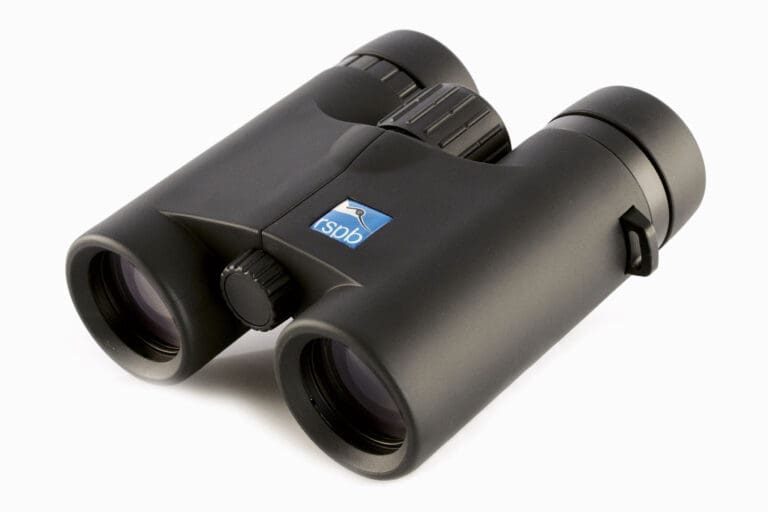
RSPB 8×32 Avocet binoculars. Photo: RSPBshop.co.uk
You might also like
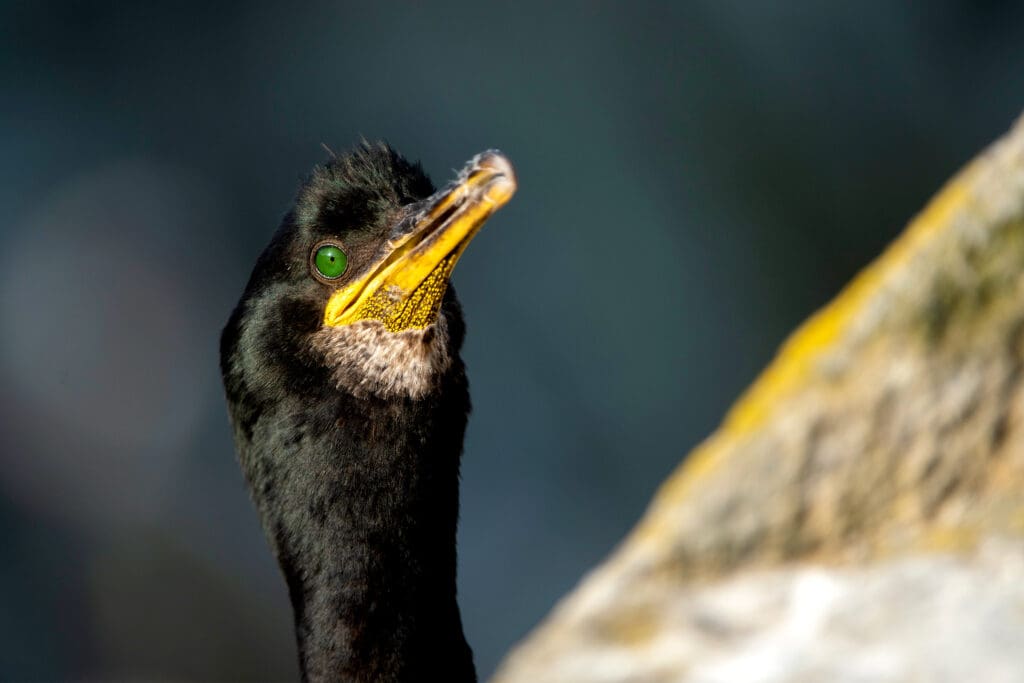
How to identify common seabirds
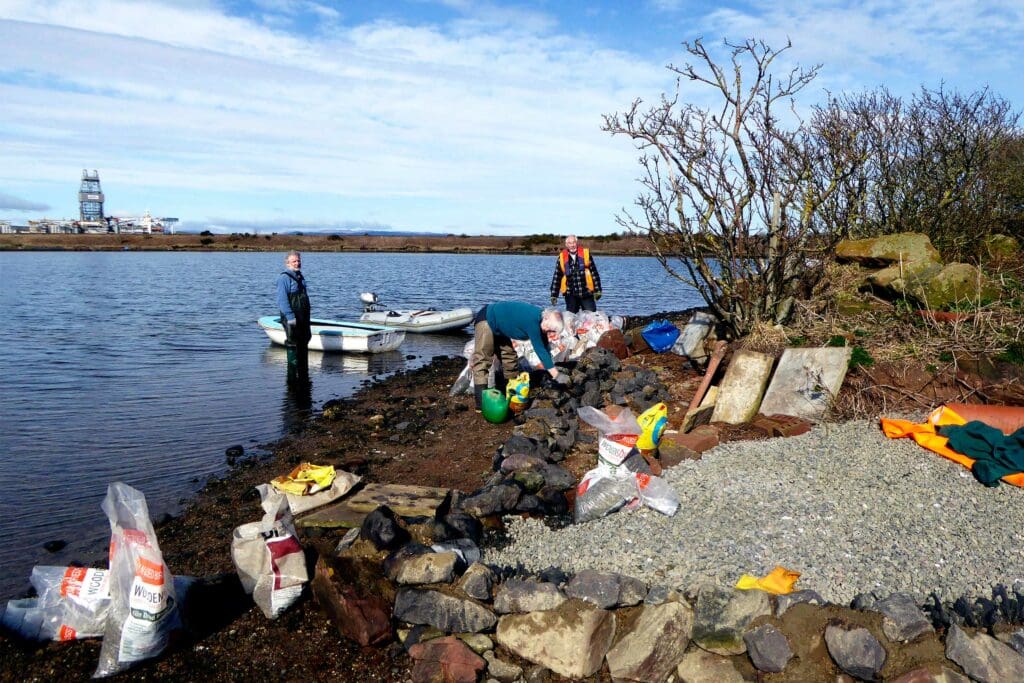
People power: working together locally can have a global impact
